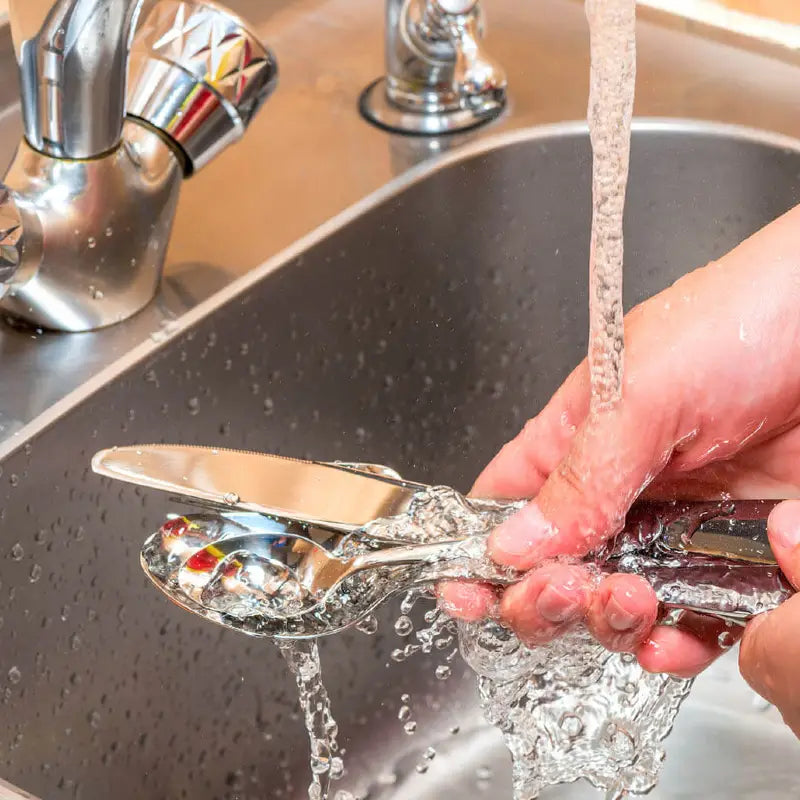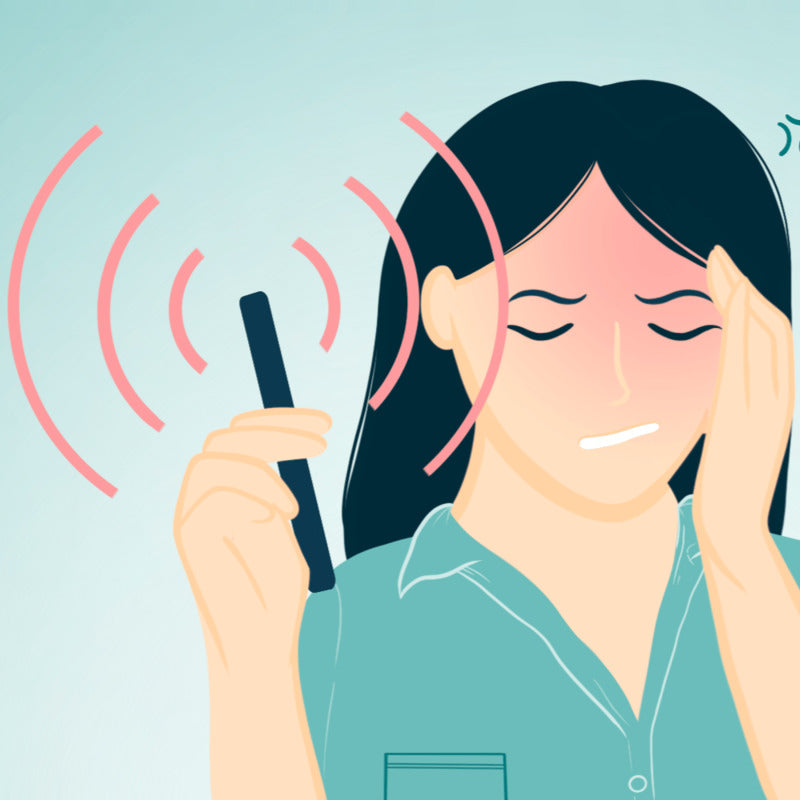Maintaining a clean kitchen is crucial for preventing foodborne illnesses, especially those caused by Escherichia coli (E. coli). This harmful bacterium can lead to severe gastrointestinal distress and other health complications if it contaminates food or kitchen utensils. Acknowledging the importance of cleanliness in the kitchen can help safeguard your family against potential health risks.
E. coli is a type of bacteria commonly found in the intestines of humans and animals. While most strains are harmless, some can cause severe foodborne infections. Understanding the potential risks associated with E. coli contamination in the kitchen environment is essential for maintaining health and safety.
Understanding Escherichia coli
Sources of E. coli Contamination
E. coli can easily contaminate kitchen utensils through various sources, including raw meat, unwashed fruits, and vegetables. For instance, cutting boards that have been used for raw meat can transfer bacteria to other foods if not cleaned properly. It’s essential to be aware of these sources to minimize the risk of cross-contamination.
Common Symptoms of E. coli Infection
Recognizing the symptoms of an E. coli infection can help you respond promptly to any potential issues. Symptoms typically include severe stomach cramps, diarrhea (often bloody), vomiting, and sometimes fever. If you or anyone in your family experiences these symptoms after handling contaminated food, seek medical attention immediately.
Effective Cleaning Practices for Kitchen Utensils
General Cleaning Guidelines
To effectively combat bacteria like E. coli, it’s crucial to establish regular cleaning practices for your kitchen utensils. Using appropriate kitchen cleaning products that are effective against bacteria is essential. Always wash your hands before and after handling food and ensure that all utensils are cleaned and sanitized thoroughly.
Cleaning Wooden Utensils
Cleaning wooden utensils requires special care to preserve their quality while ensuring they are free of bacteria. Start by rinsing them with hot water and applying mild soap. Avoid soaking wooden utensils, as this can cause warping. For an added layer of protection, consider using vinegar for cleaning; its natural antibacterial properties make it an excellent disinfectant. A mixture of vinegar and water can effectively sanitize wooden utensils without compromising their integrity.
Cleaning Pots and Pans
Different types of pots and pans require specific cleaning methods. For non-stick cookware, use a gentle sponge and mild dish soap to avoid damaging the coating. Stainless steel pots and pans can benefit from a baking soda paste to scrub away tough stains while ensuring they remain sanitized. After cleaning, ensure that you are disinfecting cutting boards thoroughly, especially those that have been in contact with raw meat, to eliminate any remaining bacteria.
Sanitizing Cutting Boards
To effectively sanitize cutting boards, it’s crucial to clean them thoroughly after each use. Utilize hot, soapy water or a mixture of bleach and water (1 tablespoon of bleach per gallon of water) to disinfect. Alternatively, using vinegar for cleaning cutting boards can also be effective; it not only sanitizes but also neutralizes odors, ensuring your kitchen stays fresh.
Utilizing Kitchen Technology for Safety
The Milerd Detoxer is an innovative tool designed to enhance food safety by effectively removing harmful bacteria from kitchen utensils. This advanced device uses a combination of techniques to ensure that your utensils are not just clean but also free from contaminants that could lead to health risks. With benefits such as cleaning effectiveness, nutrient preservation, and ease of use, the Milerd Detoxer is an excellent addition to any kitchen aimed at promoting safety.
Food Safety Education
Importance of Food Handling Safety
Education plays a vital role in preventing contamination in the kitchen. Food safety education empowers individuals with the knowledge they need to handle food safely, reducing the risk of E. coli and other foodborne illnesses. Understanding proper food handling techniques, such as washing hands before food preparation, can significantly mitigate contamination risks.
Tips on Proper Food Handling Techniques
To ensure food handling safety, always wash your hands with soap and water for at least 20 seconds before and after handling food. Use separate cutting boards for raw meats and vegetables to avoid cross-contamination. Additionally, cooking foods to their recommended temperatures can help kill any harmful bacteria present.
Conclusion
In conclusion, adopting safe cleaning practices for kitchen utensils is essential in preventing E. coli contamination. By following the guidelines discussed in this article, you can significantly reduce the risk of foodborne illnesses in your home. Consider incorporating the Milerd Detoxer into your cleaning routine for enhanced kitchen hygiene and safety. Your family’s health deserves the best protection possible, so make these practices a part of your daily routine today!



Commenta
Questo sito è protetto da hCaptcha e applica le Norme sulla privacy e i Termini di servizio di hCaptcha.